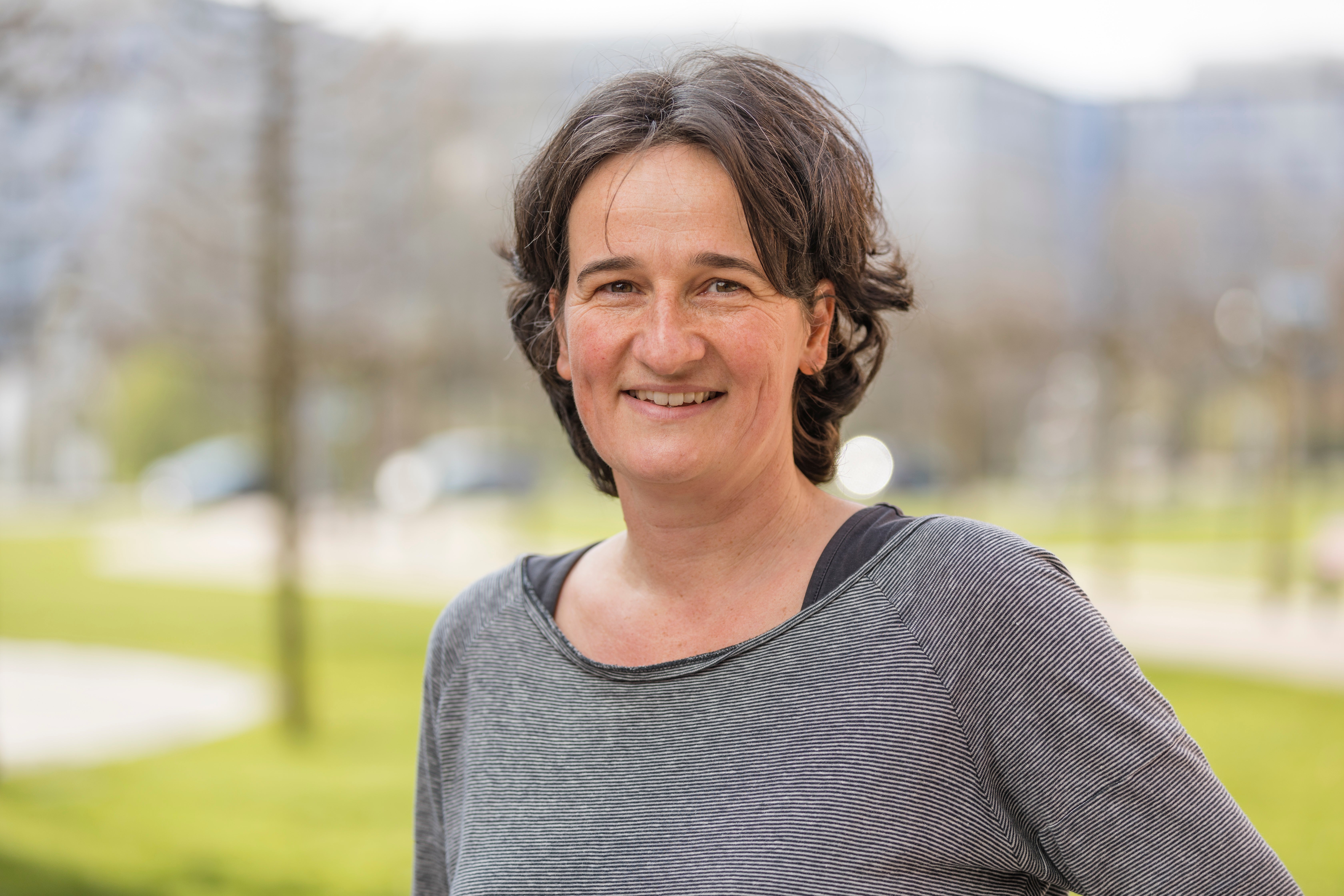Jun 1: José Borghans appointed Professor of Quantitative Immunology
Jun 1: José Borghans appointed Professor of Quantitative Immunology

Principal investigator José Borghans of the Center for Translational Immunology (CTI), whose research interests include immunological memory in humans, has been appointed Professor of Quantitative Immunology with effect from June 1. “For me, the core of this chair is integrating mathematics and immunology in the lab.”
With her new chair José Borghans seeks to bring mathematics and experimental immunology closer together. Mathematicians are not only involved in data interpretation, but already contribute to the design of new immunological research at an early stage. In her group, mathematicians and experimental immunologists have been collaborating on T-cell research in this way for years, ultimately aiming to improve the use of T-cells in the clinic and the treatment of chronic T-cell- mediated diseases, such as Crohn’s disease.
Mathematical tools indispensable
“When I was doing my PhD, I was sometimes literally advised ‘if you want to become an immunologist, you’d better stop doing all that math and start doing real experiments’,” says José, who was trained in mathematical biology at a time when mathematics was far from popular in the lab. “Mathematics is cooler now and mathematical tools prove to be indispensable for the analysis of big data in immunological research. By appointing mathematicians in an experimental research group, you combine all these different perspectives. Sometimes quite a challenge, but by doing that together for a long time, you really start to understand each other better. I’m pleased and very proud that this is now recognized as a professorship.”
Researching fundamental questions
For her mathematical immunology research on how T-cells in human tissues behave and how our immunological memory is preserved in these tissues, José was awarded a 1.5-million euro Vici grant in February 2020. Because of the coronavirus pandemic, she did not start spending the grant until the beginning of this year, as all patient inclusions had been halted until then. She hopes to make great strides in this research this year. “Suppose you have a chronic disease in your skin or intestine, caused by T cells. To develop therapies to get rid of these cells, it is essential to know how they are preserved. Do they live long? Are they constantly dividing? Or are they permanently supplied from the blood? Strangely enough, this basic knowledge is not yet available. And to the extent that there is any such knowledge, it is almost always based on experiments in mice or on cells from the blood. Thanks to a combination of experiments and mathematics, you can solve such a fundamental question that makes a huge difference for treatment.”
Teaching mathematics
“Mathematical models can really contribute to those fundamental questions. Not only does it produce figures, it also forces you to think very straight and be very transparent in your arguments.” It is not for nothing that José regards education as the second important core of this chair. “Precisely because our field is developing at lightning speed, I see education as an important task for me. In other words, a real combination of research and education. In a course where you explain mathematical models, people often come in with a long face; many biologists simply don’t like math. I really like it when students tell me later that it was really fun and educational after all. As a professor, I find that a great challenge to take on.”
Chair at a wonderful location
José’s research group works closely with the department of Theoretical Biology and Bioinformatics of Utrecht University. “That’s where the Netherlands’ mathematical immunology group is based, and we also have a strong group of bioinformatics experts at the UMC Utrecht, Utrecht University and the Hubrecht Institute. This means that this chair is based at a wonderful location in the Utrecht Science Park, where we have so much expertise close together and can easily drop in on each other.” And precisely by being at the UMC Utrecht, José also wants to establish a link to the clinic. “Here we have short lines of communication with clinicians and hear what they are up against. I seek to put that integration firmly on the map as a professor.”

